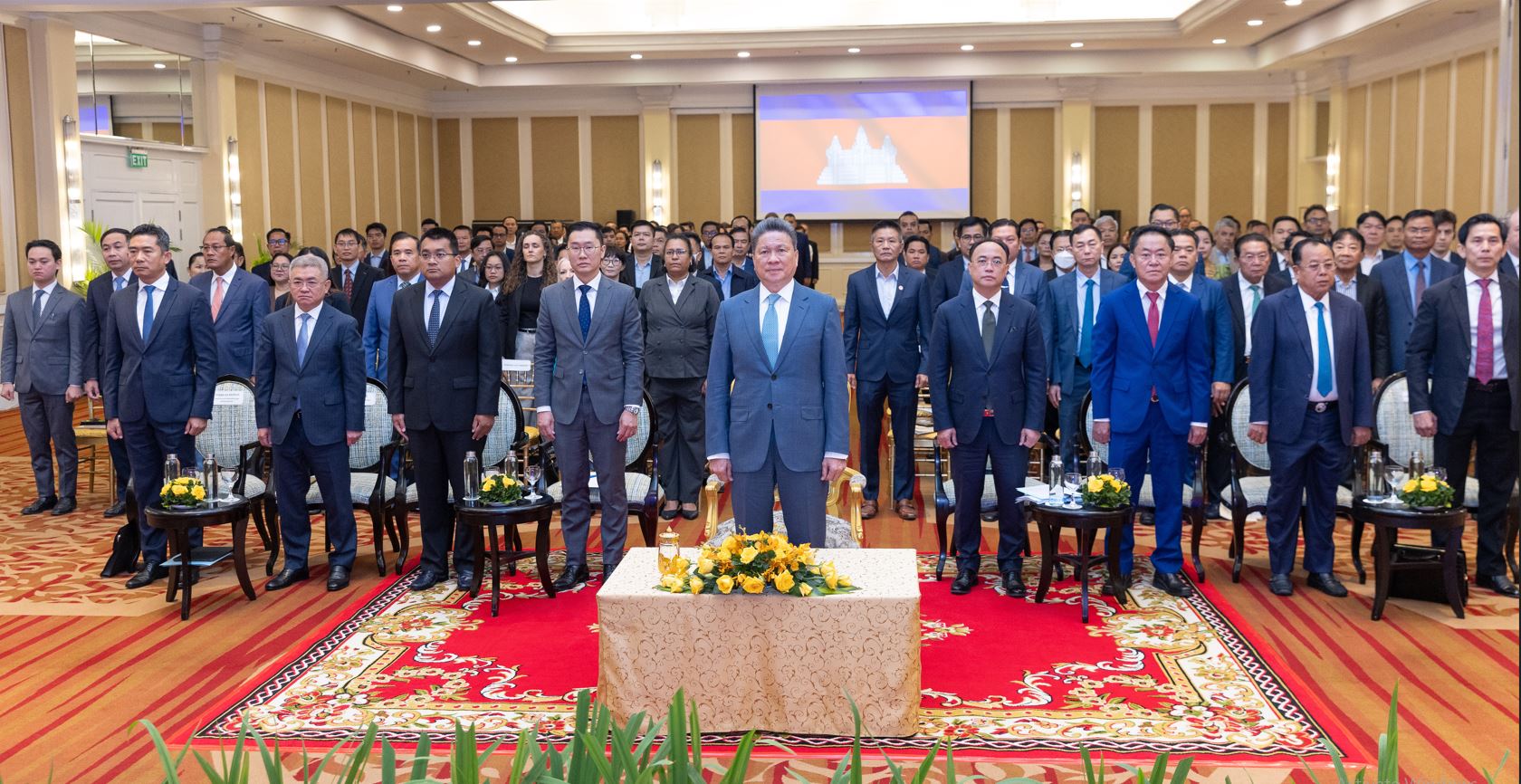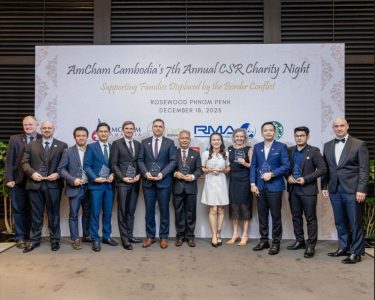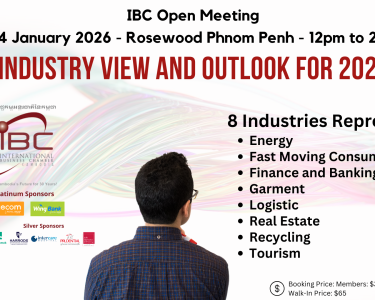Cambodia Investment Review
The Council for the Development of Cambodia (CDC) hosted a high-level workshop, supported by Australia, to disseminate the 1st Semester 2025 Progress Report on the Implementation of Resolute Reform Measures Introduced at the 19th Government-Private Sector Forum (G-PSF) and celebrate the 25th anniversary of Cambodia’s highest-level platform for public–private dialogue.
The G-PSF was established in 1999 under the wise initiative of Samdech Akka Moha Sena Padei Techo Hun Sen, former Prime Minister and the current President of the Senate of the Kingdom of Cambodia, to promote private sector development and economic rehabilitation, and empower the private sector to become a driving force for economic growth.
New Investment Milestone For Cambodia
This workshop, presided over by H.E. Sun Chanthol, Deputy Prime Minister, First Vice Chairman of the CDC and Chairman of the Coordinating Committee for the G-PSF Mechanism, also coincided with a new investment milestone for Cambodia, with almost 600 Qualified Investment Projects (QIPs) totalling USD 9.4 billion approved over nearly 11 months of 2025. This figure surpasses the previous record set in 2024, which saw 414 QIPs.
The 1st Semester 2025 G-PSF Progress Report was approved by the Council of Ministers in its Plenary Session chaired by Samdech Moha Borvor Thipadei HUN MANET, Prime Minister of Kingdom of Cambodia, on October 24, 2025. The reportdetails progress across priority reform areas, including trade, tourism, infrastructure, taxation, customs, agriculture and regulatory streamlining. It also provides an overview of the implementation progress of the reform measures introduced at the 19th G-PSF across relevant ministries, institutions, and working groups. With 93% of the measures completed and the remaining 7% in progress, the implementation is advancing steadily towards the 20th G‑PSF Plenary, anticipated in 2026. The report also highlights the progress made in resolving issues raised across the 16 Working Groups.
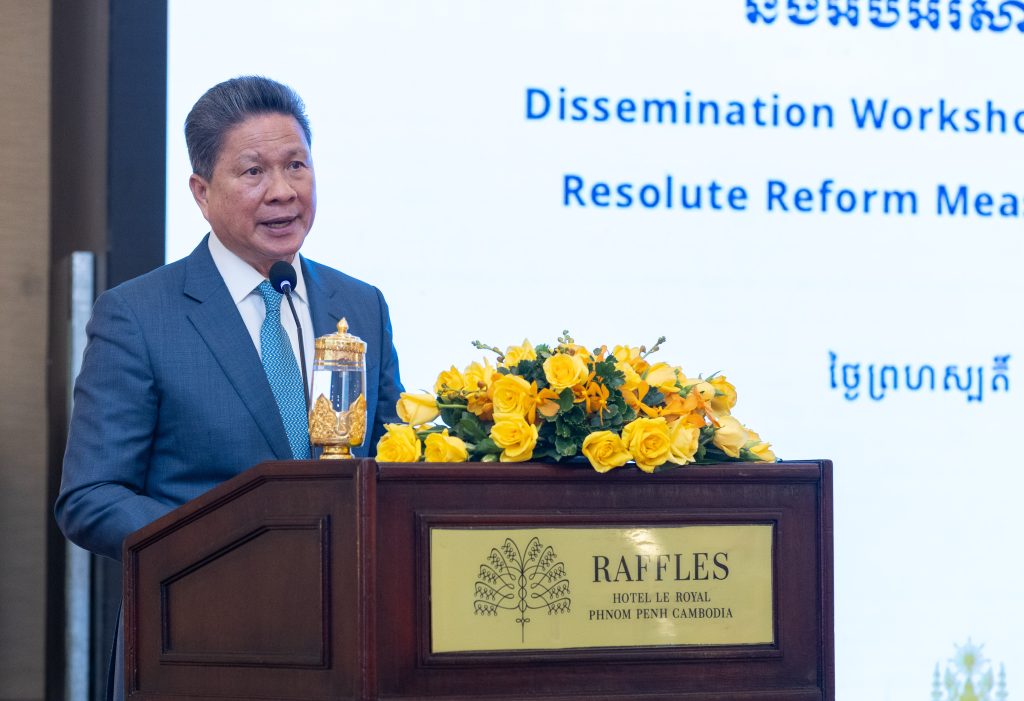
H.E. Sun Chanthol said, ‘As we celebrate 25 years of the G-PSF, this mechanism is more important than ever. In the face of new regional challenges – including shifts in global trade – it helps to strengthen institutions and support the private sector to reach its potential as Cambodia’s engine of growth. We look forward to continuing to develop the G-PSF and ensuring productive G-PSF Working Group dialogues.’
H.E. Derek Yip, Australian Ambassador to the Kingdom of Cambodia, said, ‘Australia supports robust, evidence-based policy making and inclusive dialogue. We appreciate the efforts of the CDC and the Cambodian Chamber of Commerce (CCC) to engage constructively in this vital forum that facilitates policy dialogue to drive Cambodia’s economic development’.
Helping To Present Business Sector Perspectives & Recommendations
The CCC plays a valuable role in coordinating the private sector side of the G-PSF, helping to present business sector perspectives and recommendations to the Royal Government of Cambodia. Enabling private sector’s contributions in the economy is key to achieve economic and development outcomes.
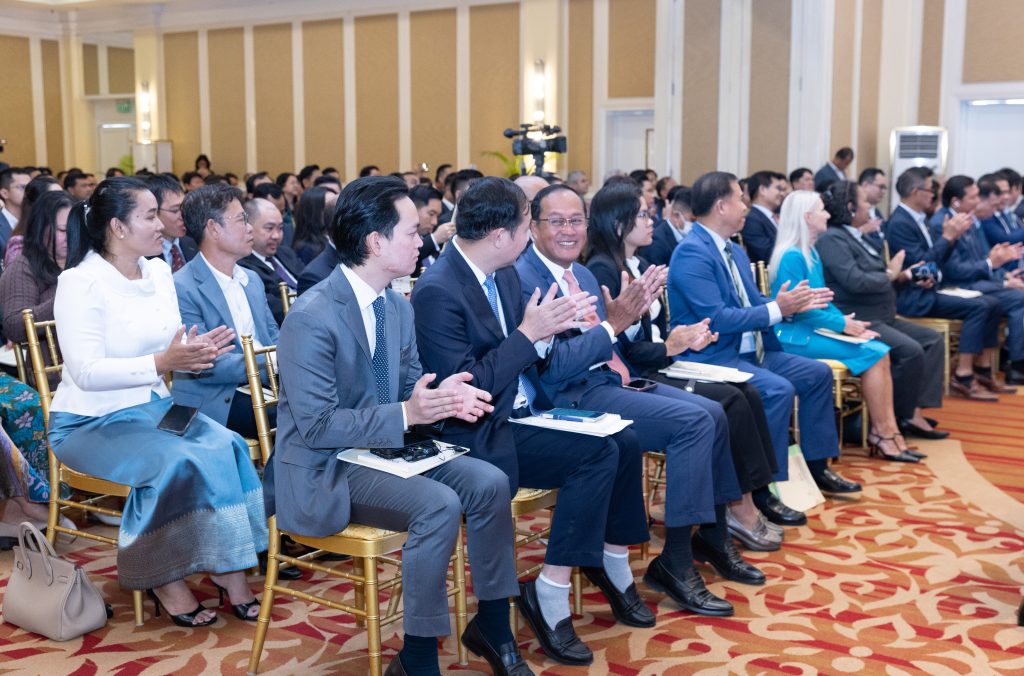
Australia began its engagement with the G-PSF in 2002, providing institutional assistance to the G-PSF Secretariat alongside the International Finance Corporation. Australia renewed this partnership in 2023 through the Cambodia Australia Partnership for Resilient Economic Development (CAPRED). This support extends to the CDC, CCC, and 16 G-PSF Working Groups and focuses on enhancing the capacity of relevant G-PSF stakeholders to deliver timely and accountable reform.
The workshop included participants from the 16 G-PSF Working Groups—both public and private sector members, the CCC, embassies, international chambers, business associations and development partners.


